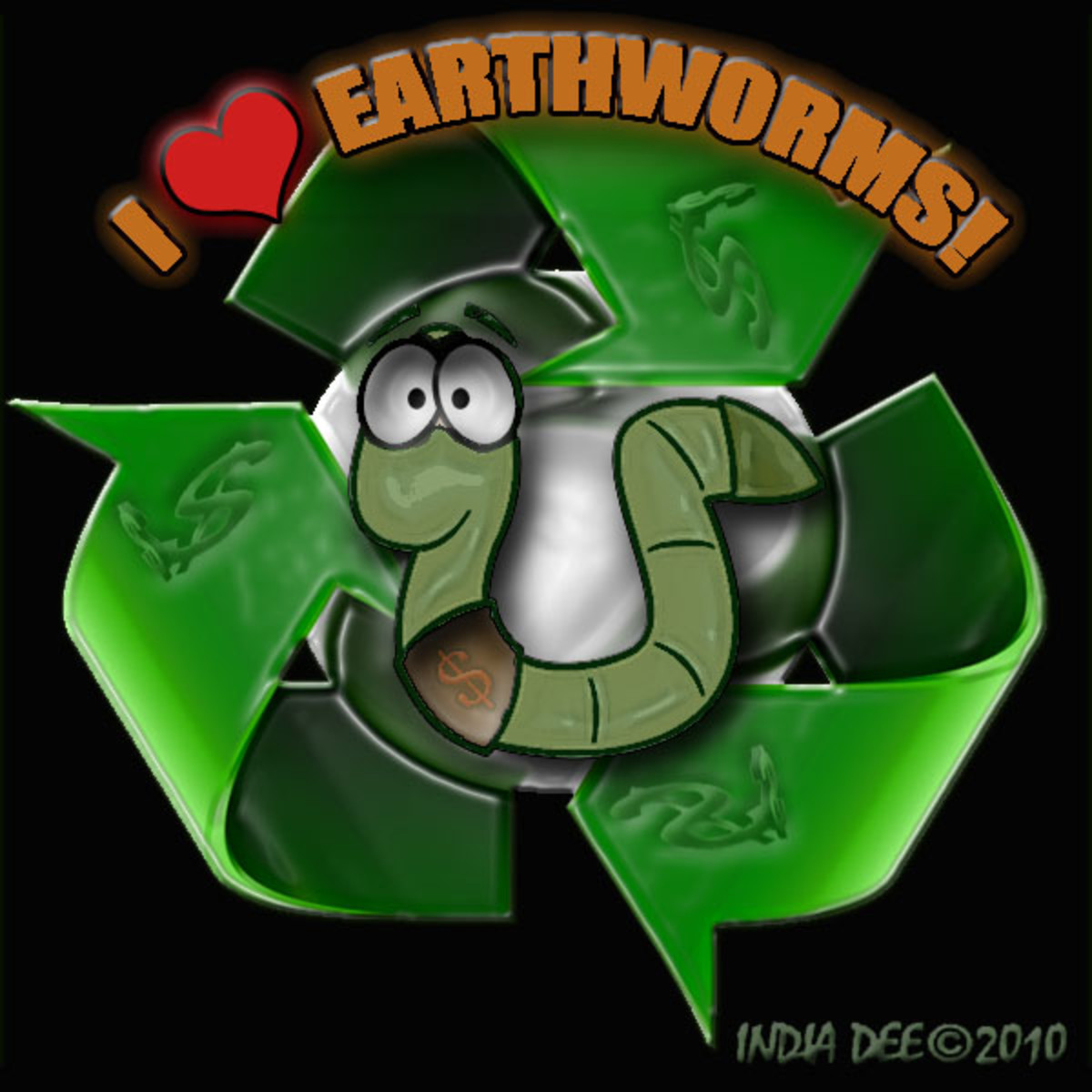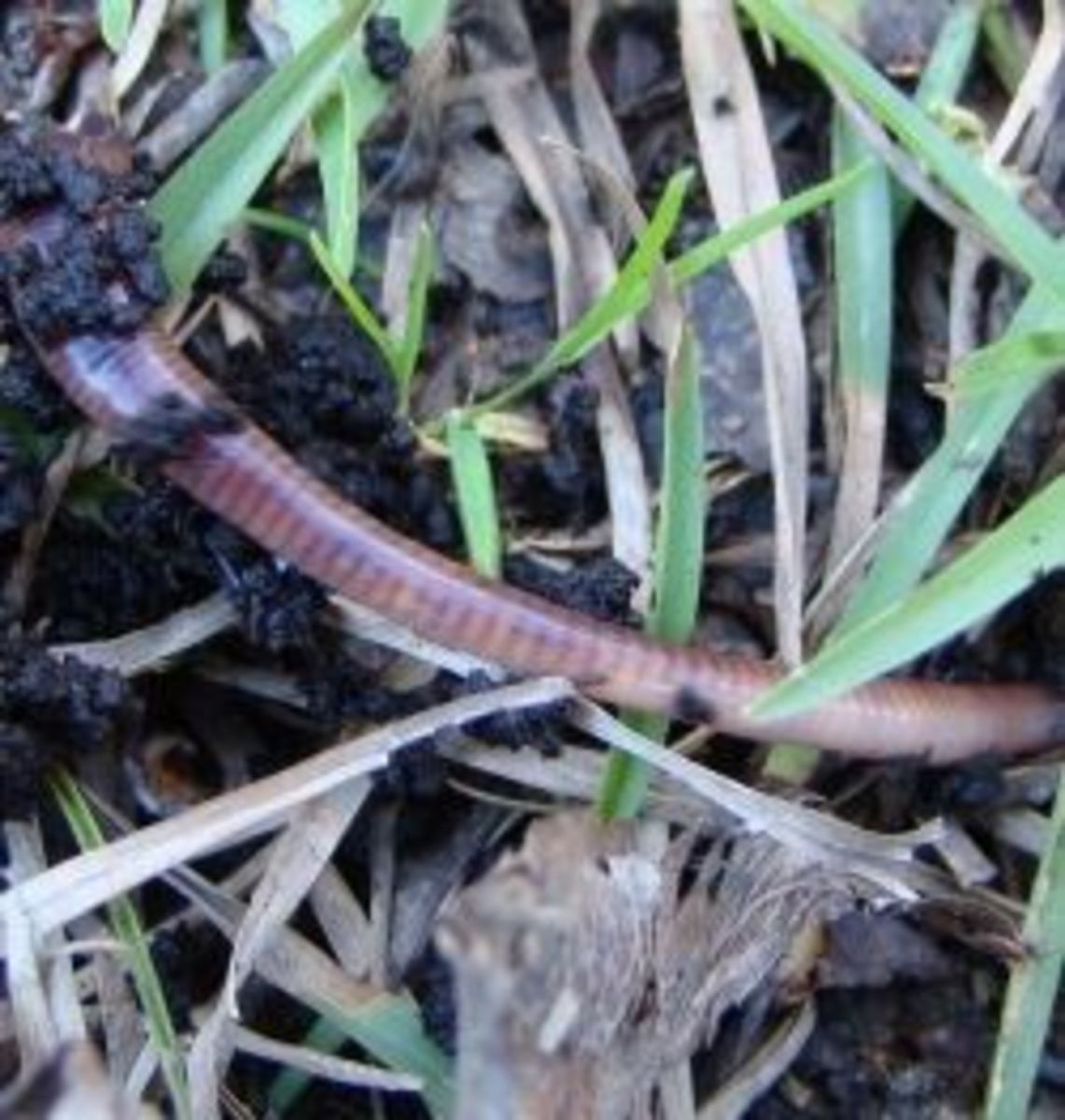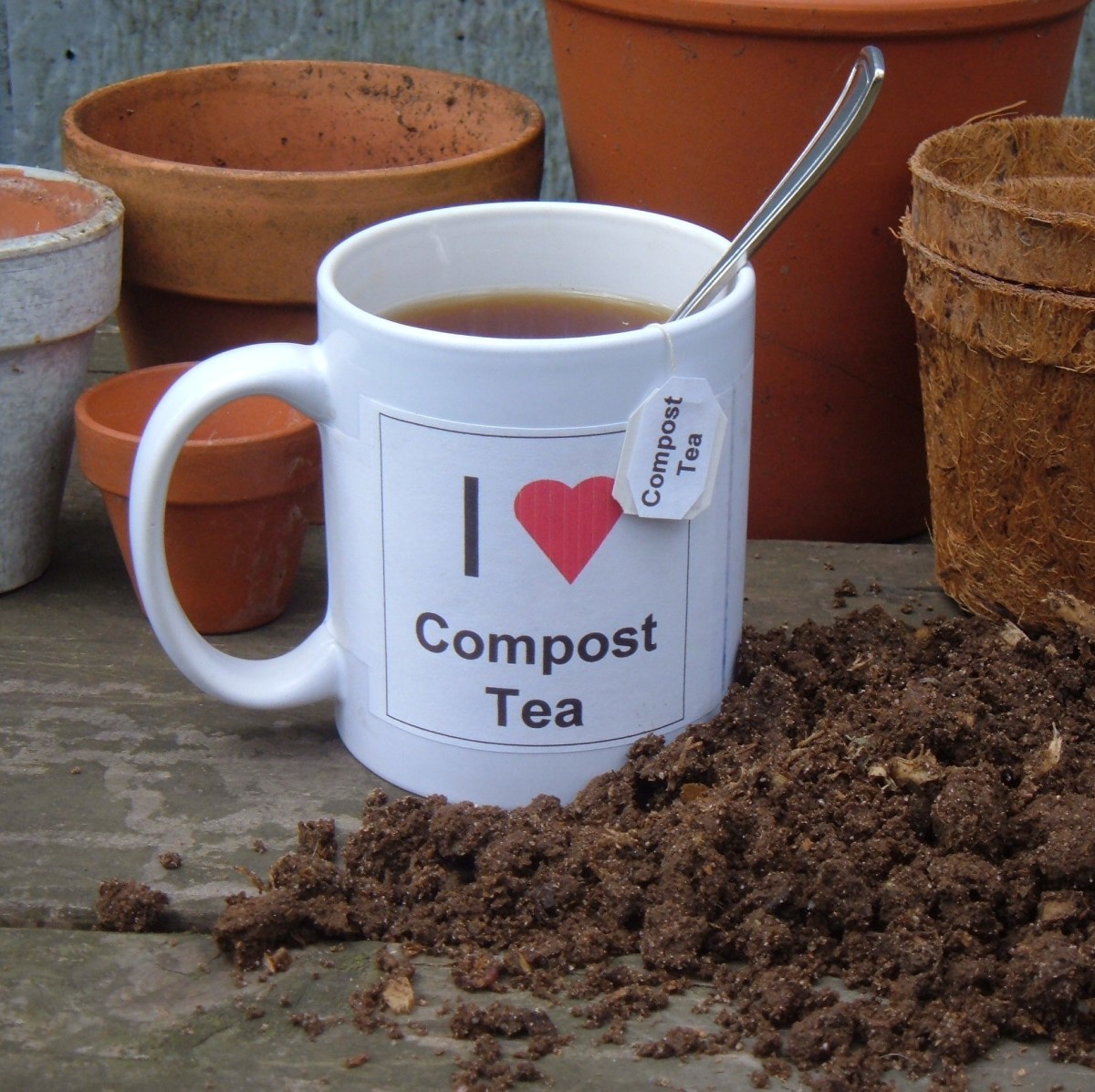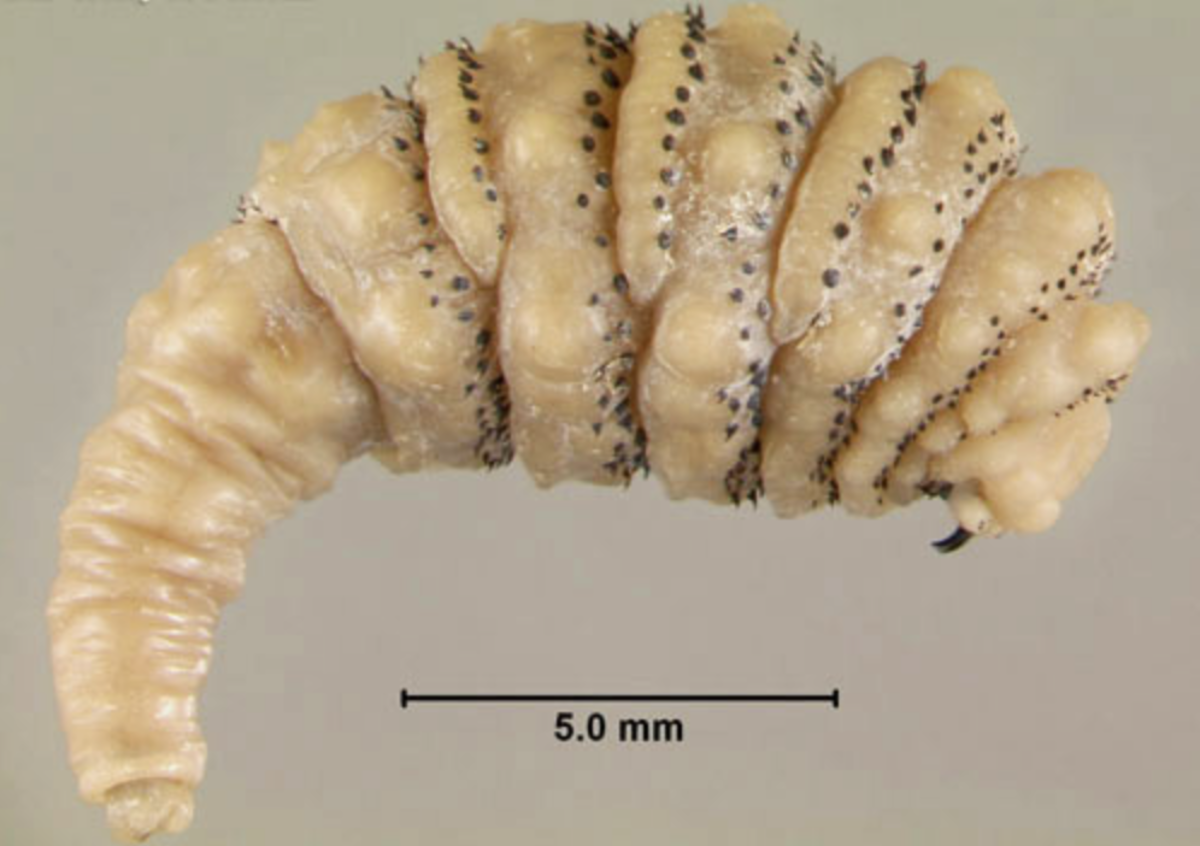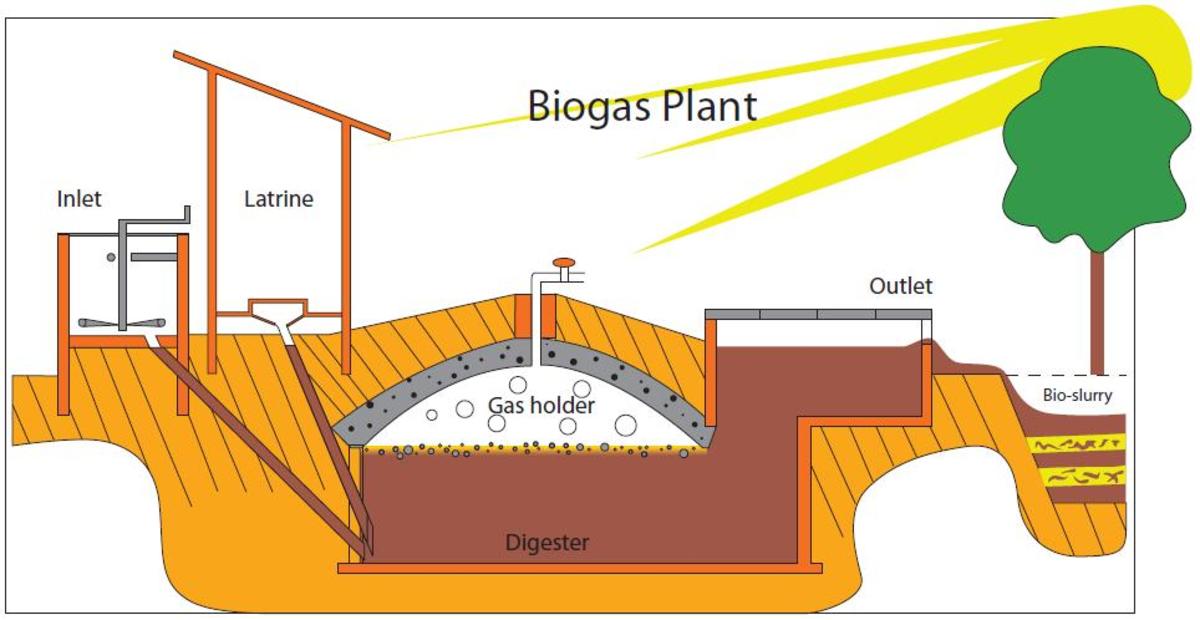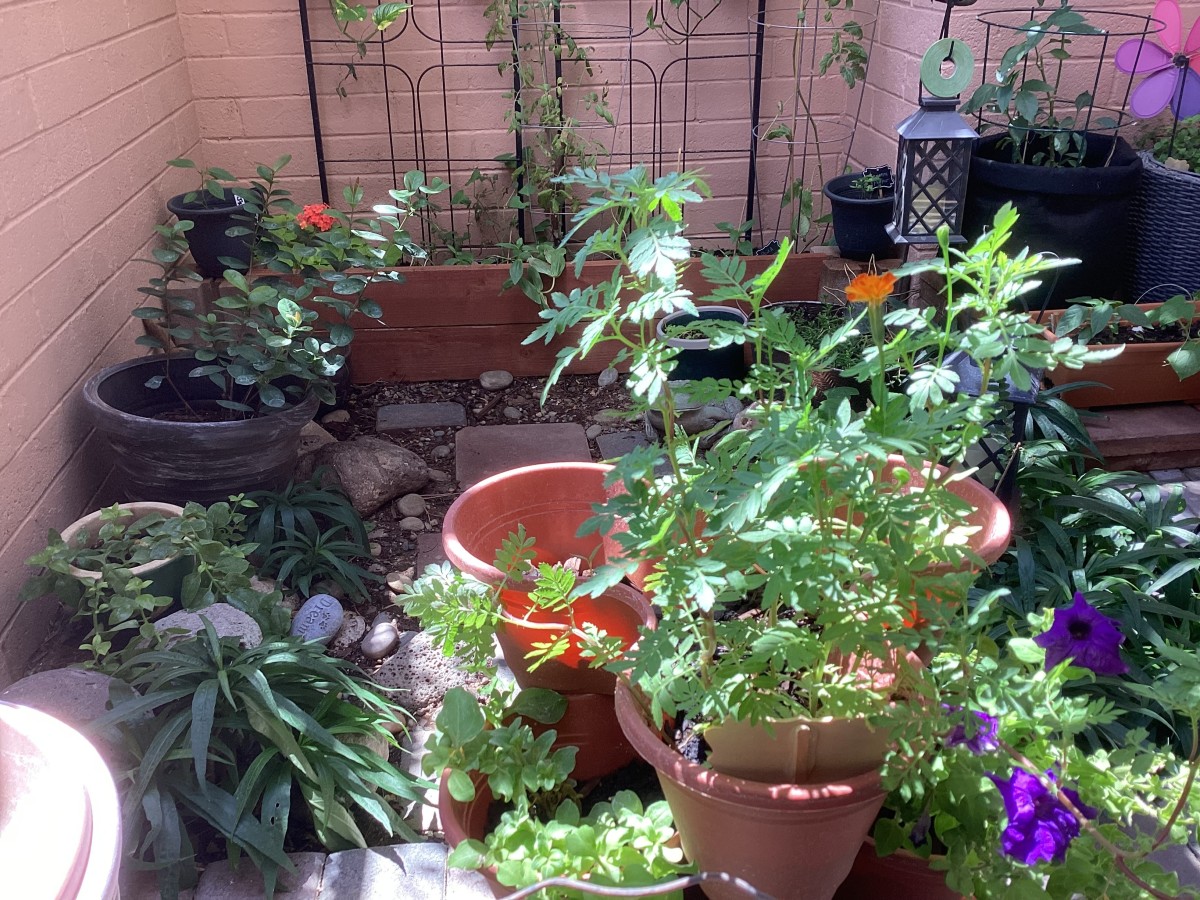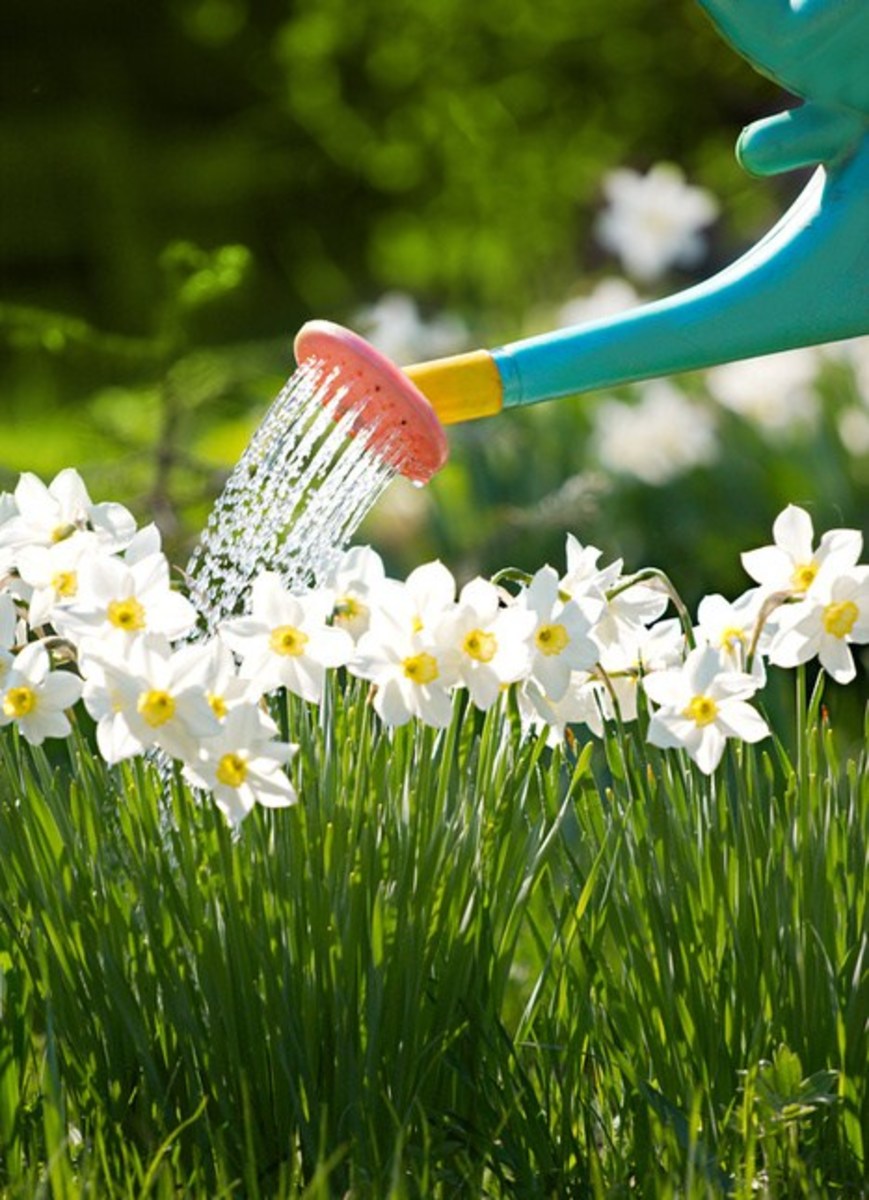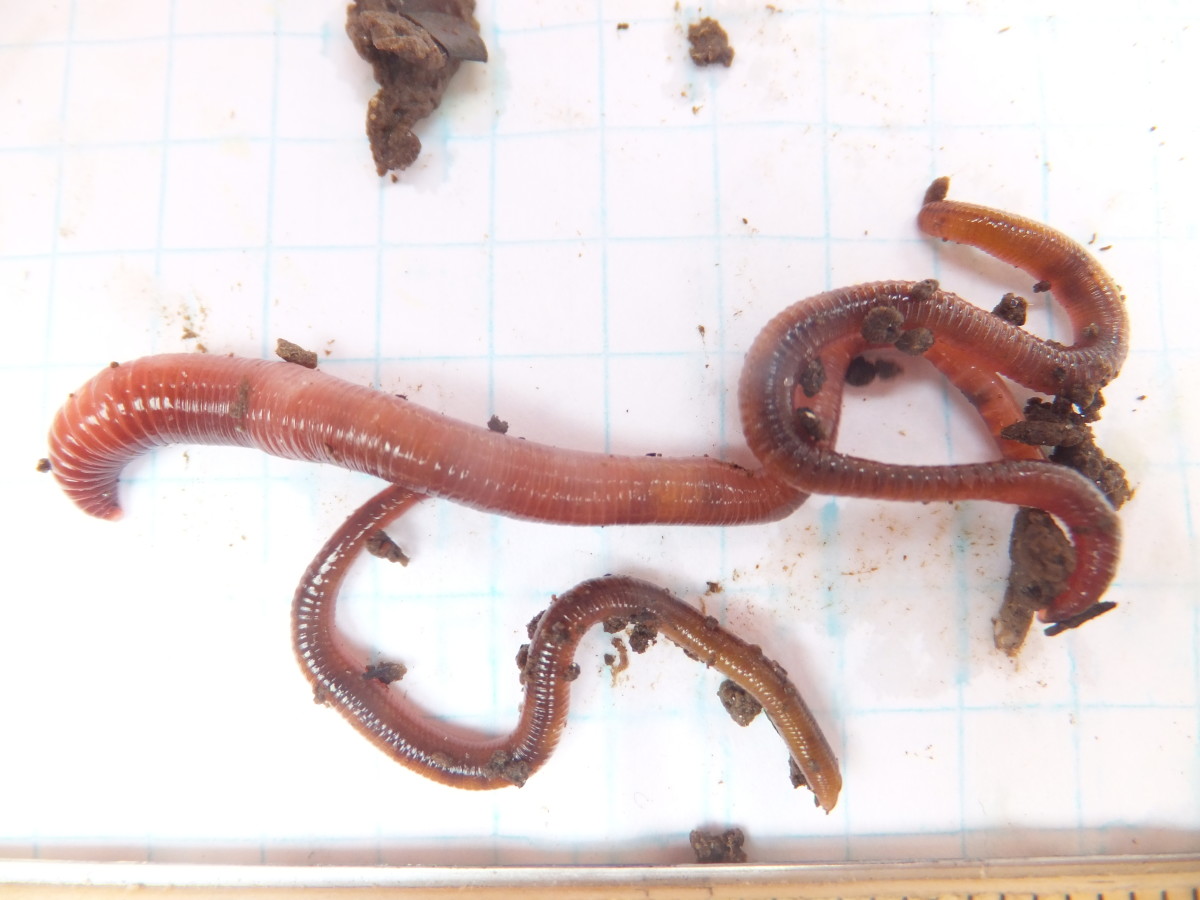- HubPages»
- Home and Garden»
- Gardening»
- Fertilizers & Compost
Materials to use in Worm Composting Bin for your Composting Worms
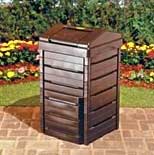
Household Worm Composting Bin
Adding a worm composting bin unit in your household or garden will be a great asset. It will reduce your total waste disposal amount by converting organic kitchen or lawn garbage wastes into a rich natural fertilizer for indoor potted plants or for your outdoor garden soil. Another bonus is that while keeping a worm composting bin for biological recycling; you're also raising or breeding them to supply your occasional fishing trips.
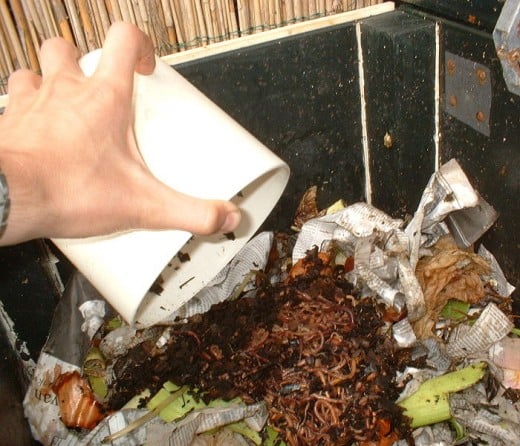
Making your own Worm composting bin
When managing Red composting worms for worm castings, choosing the right material for your worm composting bins for composting worms, there are many things that should be taken into consideration. Choosing the right material in making your bin for composting worms would really depend on your usual climate. Some materials can easily absorb heat which will be detrimental to your composting worms and some will retain too much moisture or tepid moisture on your worm composting bin.
Carefully selecting materials for your worm composting bin will consider the following:
- Location
- amount of organic waste you plan to compost
- usual climate
- Size of the worm compost bin your planning to build
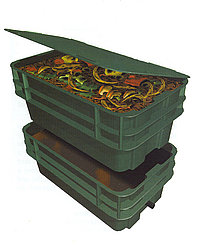
Rubbers and Plastics
Worm composting bins made of rubber or plastics are cheap, durable and easy to use. Worms will not eat through them; just make sure to have enough holes for ventilation purposes for excess moisture and heat to evaporate because rubbers and plastics won't absorb moisture but retains it. Also, be careful of picking the right type of rubber or plastics because some may contain toxic residues for your composting worms.
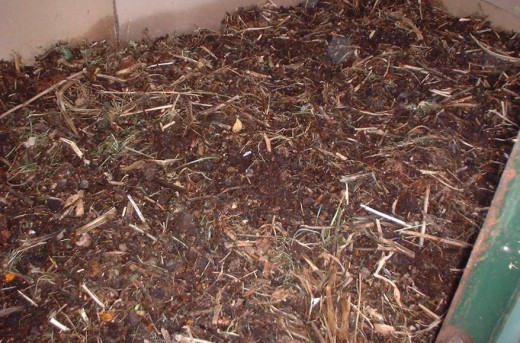
Metal
Metallic materials to use for worm composting bins are often expensive. It's not a practical material for a small scaled composting bin and small scaled metallic bins will easily heat up in warm climates. Metals are only advisable for huge and wide scaled worm composting bins. Metals are hard to work with which would need power tools- which will be a lot of trouble. Worm composting bins made of metal will easily absorb or conduct heat; keeping your worm composting bin moist will make small metallic bins rust in no time and would release heavy metals that are too toxic for your composting worms.
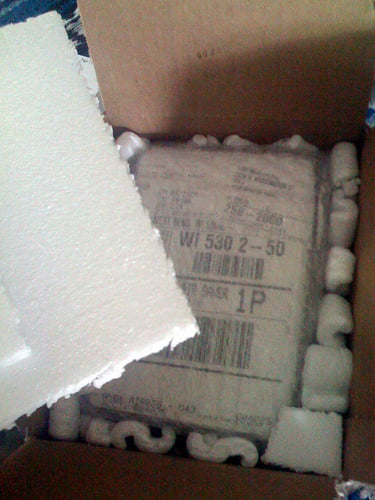
Styrofoam
Styrofoams are always discouraged to use as a material for worm composting bins because it will release toxins that would be harmful to your composting worms' environment, their growth and overall health.
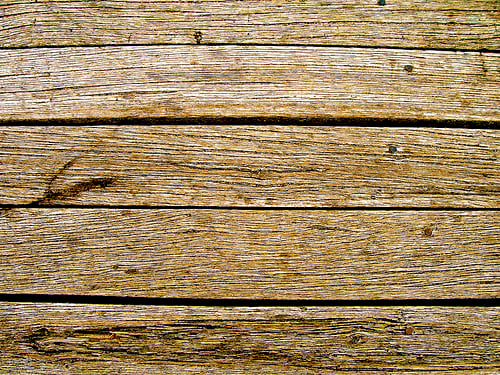
Wood
Wood is easy to work with, cheap, light to carry and easily available. The best choice if you have time to build your very own homemade- worm composting bin for composting worms. It's easy to disassemble for moving it from one location to another if needed. Although some woods release unwanted oils that can harm your worms and weak woods will absorb moisture causing them to rot and will be eaten by your composting worms overtime (place plastic sheet inside of the bin's wall and floor). Western Red Cedar and Hemlock are amongst the favorite to be used for wood; they are hardy, rot resistant and inexpensive.
Setting up your worm composting bins
Choosing the right location for your composting bin is very important for your accessibility and your composting worms' health and growth. You should consider placing your bin where it won't be an obstacle to others as to not disturb your worms inside.
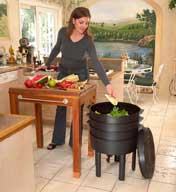
Indoor Worm Composting Bins
For indoors, small scaled worm composting bins are advised so you can place them underneath the kitchen sink or cabinets below for easy disposal of organic kitchen wastes such as: Fruits & Vegetables peeling, leftovers, small amounts of meat or bones, egg shells, etc. Properly feeding your composting worms well which is easy, Is a must to prevent them from escaping or wandering out of your bins.
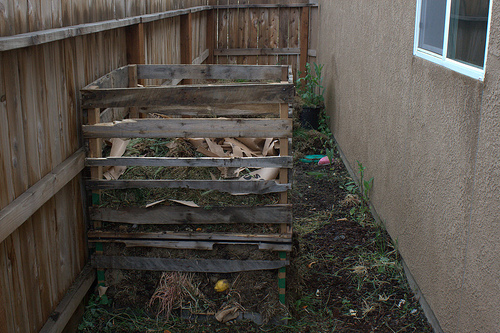
Outdoor Worm Composting Bins
Outdoor placement of worm composting bins should very well consider the following for the composting worms' health:
- Do not place your worm composting bin where it is exposed to direct sunlight or heat, keep it someplace shady.
- Properly feeding the worms
- Should always have a lid with a lock to prevent the invasion of pests or worm preying animals like birds, moles fowls, etc. and even from your pet dog to prevent it from digging into the pile.
- Should be easily disassembled for relocation in case of untoward weather conditions from winter storms to hot weathers.
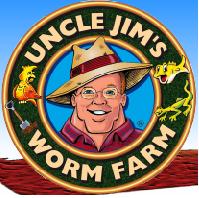
- www.unclejimswormfarm.com
Visit Uncle Jim's worm farm for everything about Red Wiggler worms and Worm Composting.We sell worms for composting: Red Wigglers, African Night Crawlers, Canadian Night Crawlers and Gray Night Crawlers. We also provide products for organic gardening
- www.gardenworms.com
Your number one online resource for composting or for organic gardening supplies. We offer a variety of quality vermicomposting equipment including red worms, compost bins, organic fertilizer, organic weed control and organic pest control. Go Green!
Visit Uncle Jim's Worm Farm Now!
Uncle Jim is an expert on Red Wiggler worms. Raising them for more than 20 years now, he has been promoting the importance of the roles that the worms play in our environment. That's why he chose raising Red Wiggler worms in a farm to share and promote the benefits of these nature's little wonders!
Uncle Jim's seasoned knowledge about worms and gardening has developed many tools for worm composting and gardening that are based on 20 years of experience.

